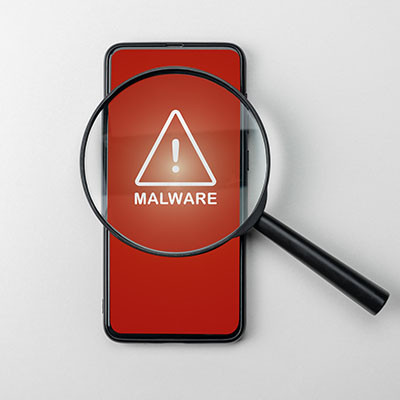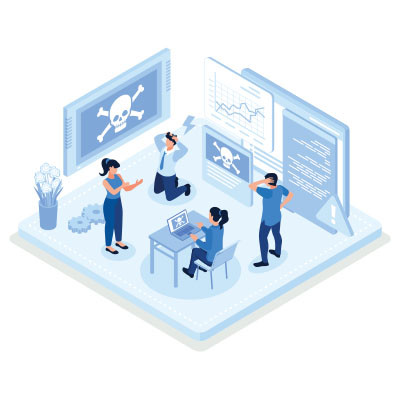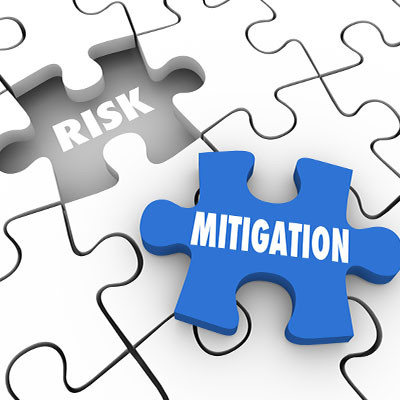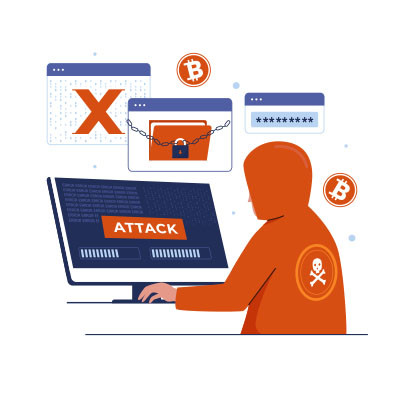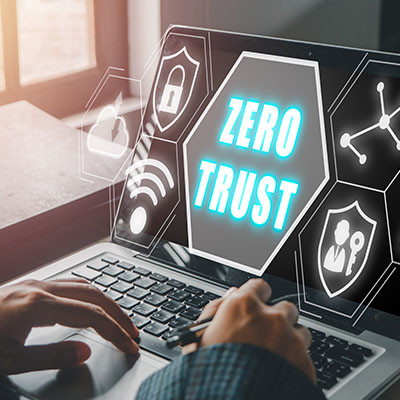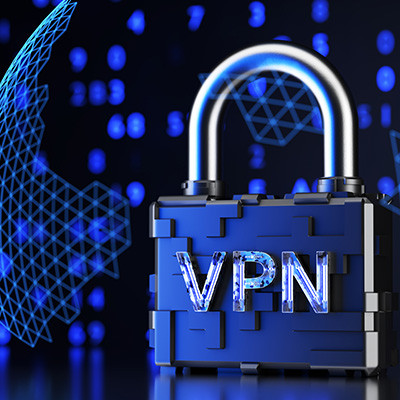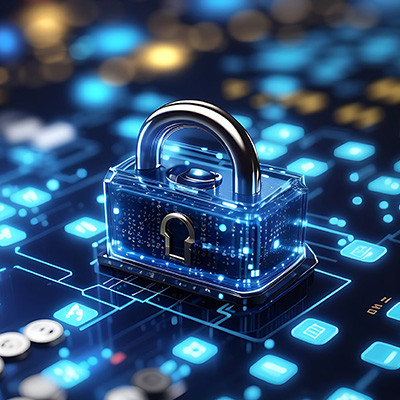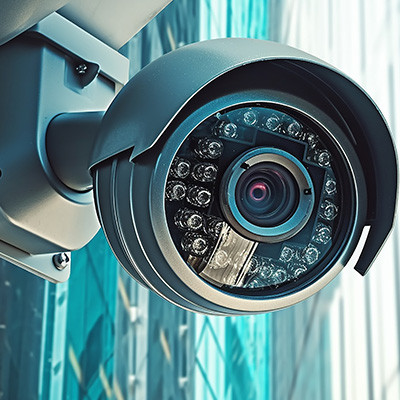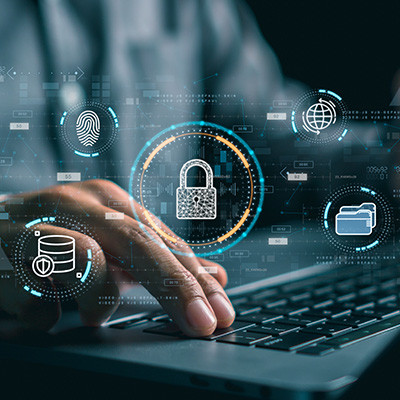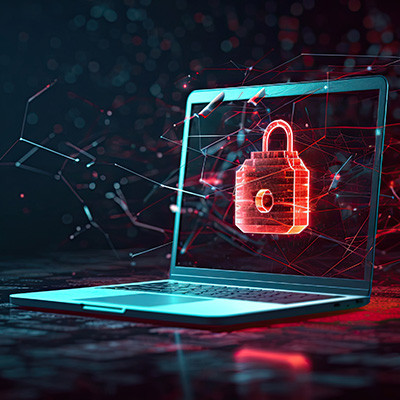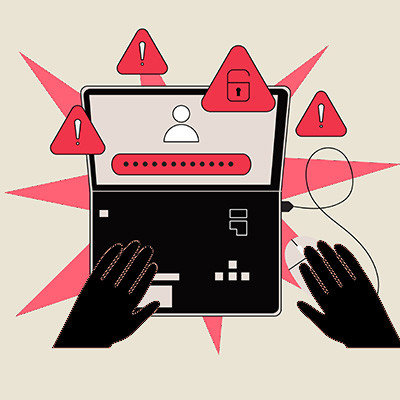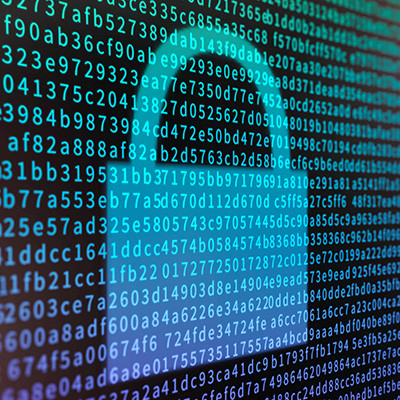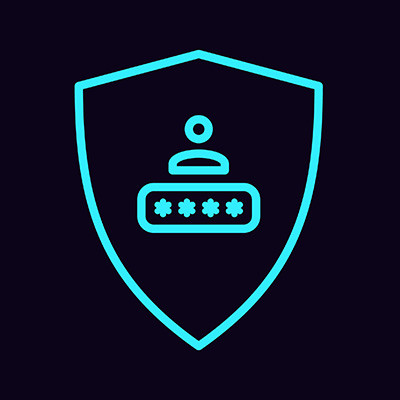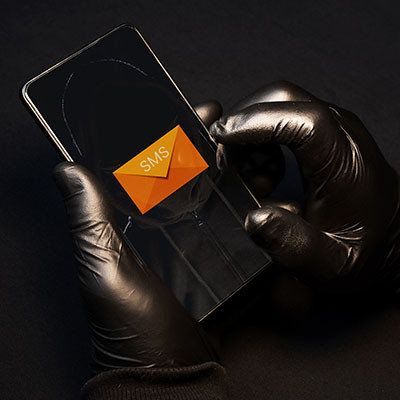Mobile malware isn’t common, but it’s growing increasingly more so. You may have heard of a malware called XLoader, which has been used to victimize people in over seven countries. This mobile threat has seen various iterations over the past several years, but you should be especially concerned these days.
Apex Technology Blog
For the IT administrator and the small business owner, it can be a bewildering experience when your company comes under siege from employee-induced cyberthreats; especially if you, like many other companies, have started prioritizing security training. Even if the threat is thwarted early and the effect on the business is negligible, it is important that you trust the people who have access to your organization’s digital resources. Let’s look at some of the reasons some of your staff take cybersecurity initiatives worse than others.
It’s an unfortunate fact that all businesses will inherently face some threats during their operations. That’s inescapable. From cyberattacks to natural disasters to good, old-fashioned accidents, you’re liable to face no small risk. This risk makes a process known as risk mitigation so critical for all businesses to undergo with some regularity.
Let’s review a few aspects of creating and maintaining a dependable risk mitigation strategy.
We’re hoping that you are actually reading this post to prepare yourself if your business were to face a ransomware attack, but if you are suffering from one right now, we encourage you to reach out to us immediately, whether you are a client or not. Ransomware spreads quickly, and once it has infected a system, there really isn’t much you can do to stop it. However, there are steps you need to take to come back from this gracefully.
Unsurprisingly, some of the biggest retail days of the year are some of the biggest days for scams, the entire holiday season seeing an increase in threats toward retailers and, as a result, the consumers that are just looking for that perfect gift for their loved ones. Let’s review some statistics and trends to see what insights we can glean.
With ransomware becoming one of the single most dangerous threats out there for small businesses, it’s more important than ever to know how to protect your company from its influence. Thankfully, there are measures you can take, including some very powerful ones like zero-trust policies that can thwart attempted ransomware attacks.
With data security being a hot commodity with hackers, it’s no surprise that businesses want to do everything they can to protect their assets. One method for doing so is implementing a Virtual Private Network, or VPN, that can effectively obfuscate data while it’s in transit. Let’s go over some of the most valuable reasons why your business should be using a VPN.
One major nonprofit has become the victim of a disclosed major data breach, affecting 890 schools all across the US: the National Student Clearinghouse, or NSC. The organization has announced that they have experienced a considerable data breach that has put their clients’ data at risk. What does this mean for affected organizations and their clientele?
These days, data privacy is absolutely critical in both a business and individual context. In some locations, governments have introduced legislation to protect consumers, and in others, there is significant pushback in favor of fewer regulations on business. How does data privacy factor into your business’ operations?
You might see encryption as a major benefit to your cybersecurity strategy, but it’s often used in a way that might have you guessing whether you really understand it. Let’s take a closer look into what encryption does to your data, as well as why it is essential for any business to ensure maximum privacy and security.
How often does your company take it upon itself to ensure that those working for its success—your employees—are kept up to speed on cybersecurity? If your approach is to have your team sit in a room and watch a presentation once a year, it’s time to reconsider your training strategy. Let’s talk about the impact that proper cybersecurity training can have, and who tends to have access to it.
The United States Federal Trade Commission’s mandate is to prevent fraud and promote consumer protection in today's interconnected world, where the digital landscape continues to evolve at a rapid pace. The FTC recognizes the importance of safeguarding consumer information and has implemented their Safeguards Rule as a means to ensure that businesses protect sensitive data from unauthorized access and misuse. Let’s take a look at the Safeguards Rule and what you need to know about it in regard to your business.
We discuss phishing often on this blog, and one method that often flies under the radar is smishing, or phishing that is conducted through SMS messages. Although email phishing is perhaps the most common method of conducting these scams, you should also be prepared to take on smishing, as it comes with its own share of unique challenges and dangers.

